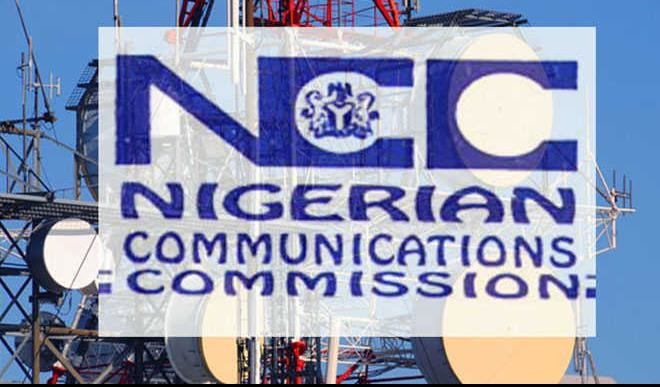Satellite draft guidelines will open market to investors – NCC
The Nigerian Communications Commission (NCC) says the draft guidelines on Commercial Satellite Communications and draft amended Consumer Code of Practice Regulations will open up the Nigerian satellite market to many local and international players. Th e Executive Vice Chairman of the Commission, Prof. Umar Danbatta, made this known recently, at the public inquiry on the […]

The Nigerian Communications Commission (NCC) says the draft guidelines on Commercial Satellite Communications and draft amended Consumer Code of Practice Regulations will open up the Nigerian satellite market to many local and international players. Th e Executive Vice Chairman of the Commission, Prof. Umar Danbatta, made this known recently, at the public inquiry on the commercial satellite Communications guidelines and the Draft Consumer Code of Practice regulations (as amended) held in Abuja. He also said that the guidelines when approved will meet the internation best practice and boost investor’s confi dence in the Nigerian economy.
The ECV, explained that the draft Commercial Satellite Communications Guidelines are aimed at creating a legal framework to regulate the provision and use of satellite communications services and networks, in whole or in part within Nigeria or on a ship or aircraft registered in Nigeria. ‘‘Th e draft Commercial Satellite Communications Guidelines are aimed at creating a legal framework to regulate the provision and use of satellite communications services and networks, in whole or in part within Nigeria or on a ship or aircraft registered in Nigeria. ‘‘The intention behind the development of the Guidelines is to ensure a well-developed and organised satellite communications market in Nigeria with appropriate legal framework that meets international best practice, encourages innovation and guarantees public safety. ‘‘
The Guidelines will ensure effective management of scarce frequency resources, especially bands where frequency is shared between satellite and terrestrial systems. It will also encourage the use of satellite connectivity to unserved areas that lack terrestrial transmission infrastructure backbone. ‘‘The draft Consumer Code of Practice Regulations which is an amendment of the previous Regulations made in 2007 when finalized will provide a more robust framework for effective and efficient processes/procedures to be followed by Licensees in developing their individual consumer code to govern the provision of services and other related consumer practices. ‘‘Th is is to ensure that consumers are adequately informed of the type of services being offered by operators, thereby aligning with the Commission’s function of protecting the interests of consumers against unfair practices.
Furthermore, these Regulations have been amended to reflect best practice in the industry.’’ Prof. Danbatta further explained that the forum was part of the Commission’s rule-making process that aims at ensuring wide consultation in the development of regulatory instruments by the Commission in accordance with the Nigerian Communications Act, 2003, adding that the Regulations and Guidelines will complement the Act and the respective Licences issued by the Commission in providing guiding standards and principles for the provision of service by licencees. ‘‘Over the years, this process has proven invaluable in sourcing the opinions and inputs of stakeholders towards the development of sound regulatory frameworks for the Nigerian telecommunications industry,’’ he added assuring that every view expressed will be respected and considered.
Meanwhile, participants at the forum raised some objections against certain provisions of the draft and also made their contributions which were expected to assist the Commission in finalizing the regulatory instruments. It is expected that the outcome of the forum would effective off er a robust ideas that would usher in a robust regulatory framework that will guarantee consumer satisfaction and confidence in the industry.
On his part, the Director of Spectrum Administration at the Commission, Engr. Ausin Nwaulune said the new draft when finalized would boost broadband penetration across the country, especially in the unserved areas. He explained that the aim of the new draft was not to discriminate against any investor but to open up the market because of its capital intensive nature. ‘‘Th e impact is more broadband penetration. All we want is to provide broadband services to Nigerians.
Any opportunity that we have, we take it and this is one of the opportunities that will enhance broadband penetration in Nigeria. ‘‘We are not discriminatory in this regard. We are inviting everybody to participate in the provision of service by both international and local service providers are encouraged to participate as well as the intentional are. Th is is a very capital intensive industry. You need capital to be able to play.’’
